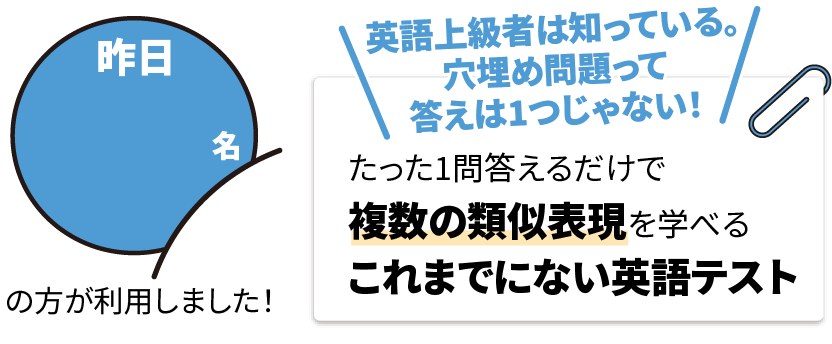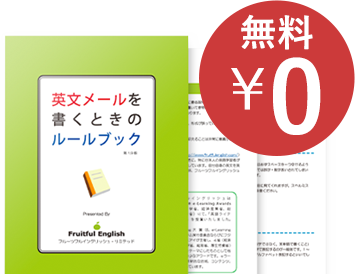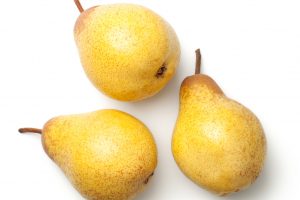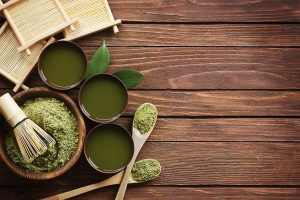Hello this is Simon,
I get hay fever from time to time. I am allergic to some plants in fall but I’m not sure which ones. At the moment I only have mild hay fever. My eyes aren’t itchy, but my nose tickles, and occasionally I’ll have a fit of sneezing for a few seconds. It always happens at the most embarrassing times. I try to hold back the sneeze, and pull some ridiculous faces while doing so, causing the students to burst into fits of laughter. My nose isn’t really runny, there is just a trickle, so I dab it with a tissue. Spring on the other hand is completely different. There is a period of about a week or two when my allergies really play up. My eyes feel like there are small spiky particles in them. They get incredibly itchy. I wake up some mornings, and my eyelashes are glued together with sleep. My throat is rough, and I get a raspy cough. My nose swings from between being a little stuffy, to completely blocked, to running like a tap. Stuff just gushes from it sometimes. I think I have a cedar allergy, and that’s what causes my most unpleasant symptoms. This spring I had a couple of difficult weeks. But so far this fall, it hasn’t been so bad. I’ll keep my fingers crossed for now, and try to enjoy theses lovely sunny days of recent.
With the change of seasons a few people have told me of their autumn hay fever, so I thought it would be a good chance to introduce some new words and expressions you could use.
“I get hay fever” / “I only have mild hay fever”
“Get” and “have” are two verbs that often get mixed up when talking about illness and ailments. This is because “have” is a stative verb, which describes a current state (I have a headache now.) or often a past state (I had a headache this morning.) “Get” on the other hand is an active verb, which means to “come to have” something. It is often used to talk about a recurring ailment (I get headaches occasionally.) or to talk about an ailment coming on (The music was so loud that I started to get a headache./I got a headache after drinking ice cold water.)
*** “Get” is generally used for non-contagious ailments. For contagious illnesses such as a cold or the flu, the active verb “catch” is used. ***
“I am allergic to… / “I have a … allergy”
There are two common ways to talk about the things that we have allergic reactions to. One is using the noun “allergy” (e.g. I have a peanut allergy.) And, the other is using the adjective “allergic” (e.g. I am allergic to peanuts.) To be “allergic to” can also mean to dislike something a lot (e.g. He’s allergic to hard work.)
“My eyes aren’t itchy” / “My eyes feel like….”
I think “itchy” is an adjective that most people are familiar with, but sometimes there isn’t an adjective to describe the exact feeling or sensation you have, in which case you have to create your own expression to best describe how you feel. The phrases “I feel like….” and “My…feels like…” are useful for this. “I feel like my head’s going to explode.” and “My … feels like it’s on fire.” are commonly used for a variety of situations.
“my eyelashes are glued together with sleep”
This expression probably didn’t make any sense when you first read it. That’s because of the word “sleep”, right? The noun “sleep” actually has a meaning as follows: “a yellowish substance sometimes found in the corners of the eyes after sleeping”. It is a word used in conversation (e.g. Every morning I use a wet cloth to wipe my daughters face, and wipe the sleep from her eyes.)
“my nose tickles” / “stuffy” / “blocked”
The above words and expressions describe a few different states or conditions your nose may be in if you have hay fever or a cold. “My nose tickles” describes a very mild irritation that can often lead to sneezing. I think a lot of you will be familiar with the expressions “I have a blocked nose.” or “I have a runny nose.” A stuffy nose, means it is filled with mucus. It is partially blocked. “Stuffy” can also be used to describe a room that has poor ventilation, which is often hot, or a person who is not open to new ideas.
“have a fit of (sneezing)”
A “fit” in this case means “a sudden, uncontrolled period of doing something or feeling something”. You can have a “fit” of things such as sneezing, coughing, or laughing.
“just a trickle”
A “trickle” means a slow but steady flow of liquid. The word trickle can be both a noun (There was just a trickle of water coming out of the tap.) or a verb (Water trickled out of the tap).
“running like a tap” / “stuff just gushes”
Both of the above expressions are hyperbole, but we often use exaggerated expressions in English to describe our illnesses and ailments. “Running like a tap”, I’m sure gives a clear image of the kind of condition it describes. The verb “gush” means to flow out of something quickly and in large amounts.
“my allergies really play up”
To “play up” means to misbehave, and so is a phrase that is often used when talking about children. You can imagine what kinds of problems your allergies cause when they misbehave. This phrase can also be used to describe things such machines that don’t perform or operate as they should (My car has been playing up a lot recently. I think I’d better take it to the mechanic.)
“a raspy cough”
The adjective “raspy” means hoarse or rough sounding. You can have a raspy voice, throat or cough. It comes from the noun “rasp” which is a rough tool that is used for scraping hard materials such as metal or wood.
There are a number of ways to describe the different symptoms of hay fever. The ones I listed are some of the symptoms I myself have experienced in the past. Hopefully there were some new words or expressions in this that you may be able to put to use.
I hope this was helpful.
See you next month!

Hello! My name is Simon.
I am from New Zealand, and have been living and teaching English in Japan since 1999.
My hobbies include movies, playing the guitar, gardening and hiking.
※このブログでは英語学習に役立つ情報アドバイスを提供していますが、本ブログで提供された情報及びアドバイスによって起きた問題に関しては一切、当方やライターに責任や義務は発生しません。
※ここでの情報や助言を参考に英文を書いたり下した判断は、すべて読者の責任において行ってください。ここに掲載されている記事内の主張等は、個人の見解であり当社の意見を代弁・代表するものではありません。








 (1 イイネ!が押されています)
(1 イイネ!が押されています)




























コメントする